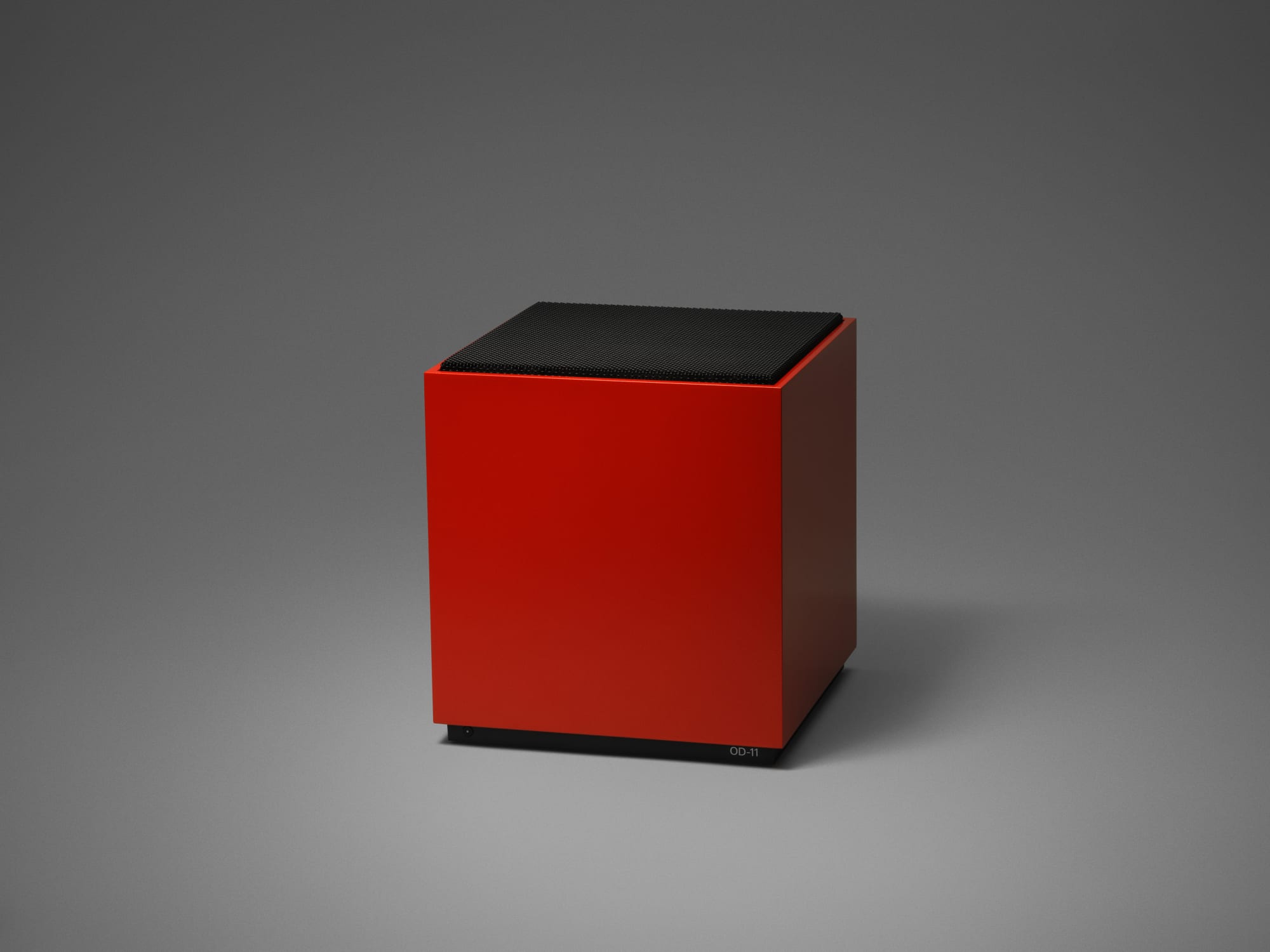 One of the frustrating things experienced by law enforcement officials and agencies is trying to get into the phone of a suspect. This is because companies such as Apple and Google have made it so that only the users themselves know the passwords to their phones (assuming they use one), so even if they wanted to, they couldn’t unlock devices remotely.
One of the frustrating things experienced by law enforcement officials and agencies is trying to get into the phone of a suspect. This is because companies such as Apple and Google have made it so that only the users themselves know the passwords to their phones (assuming they use one), so even if they wanted to, they couldn’t unlock devices remotely.
Now it looks like Google has decided to extend that same level of security of Android backups, where they are now encrypting all of your phone’s backup and using your phone’s lockscreen password as the encryption key. This means that should law enforcement officials request data from your backup, Google will not be able to unlock it as the password will only be known by you, and in countries such as the US, there are laws that prevent people from incriminating themselves.
According to Google, “This decryption key is encrypted using the user’s lockscreen PIN/pattern/passcode, which isn’t known by Google. Then, this passcode-protected key material is encrypted to a Titan security chip on our datacenter floor. The Titan chip is configured to only release the backup decryption key when presented with a correct claim derived from the user’s passcode. Because the Titan chip must authorize every access to the decryption key, it can permanently block access after too many incorrect attempts at guessing the user’s passcode, thus mitigating brute force attacks.”
This seems to be an Android Pie feature which means that if your device has already been updated to Android Pie, then your Android backups should be protected by this new feature.
Android Pie Backups Now Encrypted With Your Lock Screen’s Password , original content from Ubergizmo. Read our Copyrights and terms of use.





 Yes, Adobe Flash is still around, unfortunately, and that means it’s still used as a way to target unknowing users with malware. As you’d expect, the latest malware to gain attention disguises itself as an update to Flash to trick users into installing malicious software. This time around, the malware is a cryptocurrency mining bot that uses system resources to …
Yes, Adobe Flash is still around, unfortunately, and that means it’s still used as a way to target unknowing users with malware. As you’d expect, the latest malware to gain attention disguises itself as an update to Flash to trick users into installing malicious software. This time around, the malware is a cryptocurrency mining bot that uses system resources to …  For years, Teenage Engineering has chosen not to allow its users to stream music via Bluetooth to its flagship OD-11 speakers. And that’s despite it actually having a Bluetooth radio inside. The Swedish engineers have finally, reluctantly, given in a…
For years, Teenage Engineering has chosen not to allow its users to stream music via Bluetooth to its flagship OD-11 speakers. And that’s despite it actually having a Bluetooth radio inside. The Swedish engineers have finally, reluctantly, given in a…